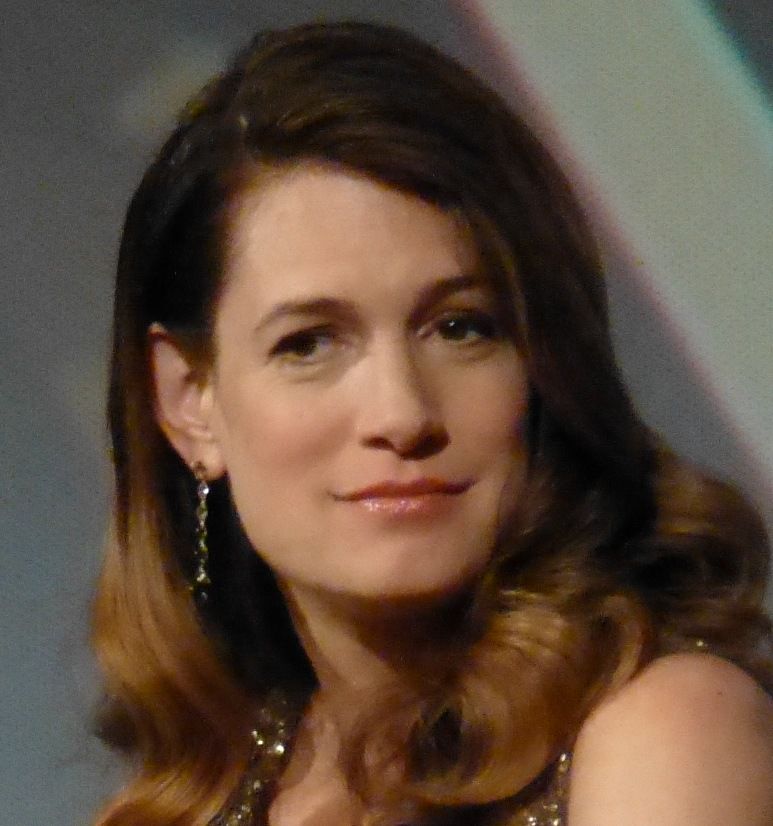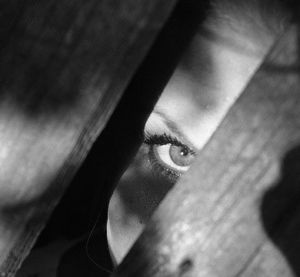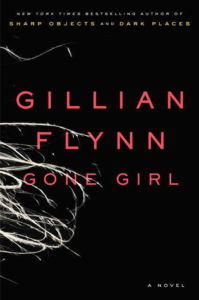Gillian Flynn and the Dark Side of the Feminine
Gillian Flynn is one of the most popular and acclaimed authors of modern crime fiction.
She specialises in “domestic noir”, which explores themes of motherhood, marriage and relationships, and emphasizes the female experience. While she is by no means the first writer to focus on crime from a more feminine perspective, her fiction was popular enough that the genre exploded after its impact, with writers like Paula Hawkins and Araminta Hall following in her footsteps with their own books.
Flynn’s fiction subverts the spaces held sacred in the heart of our culture; marriage, family, motherhood.
Her protagonists are unreliable and very often, a far cry from upstanding paragons. Deception and twists abound. Things are never as they seem. Flynn identifies as a feminist, and she has stated that she wants to write about female antiheroes and truly monstrous villains, as she feels there is a dearth of them. And Flynn’s female characters are certainly potent, for they are often selfish, greedy, violent. Just as often they are evil, with their malice transcending the stereotypical ways that women are often portrayed in fiction.

Sharp Objects, Flynn’s debut novel, follows Camille, a journalist who returns to her small town from Chicago to cover a series of unsolved murders. Through the course of the novel, Camille uncovers the secrets of not only the small community of Wind Gap, but of her own toxic family as well. The potentially lethal toxicity between mothers and daughters is a central theme in the book. Camille’s mother Adora, a seeming pillar of the community, is emotionally neglectful and psychologically abusive in ways that have marked both Camille and her teenage half-sister, Amma. Adora herself is implied to have had an abusive mother. Camille is a habitual self-harmer, having cut words into her body from childhood; in the present, most of her skin is covered in self-hating descriptions. Amma is a killer, her motive simple jealousy and need for attention. Toxicity and abuse have been inherited down this matriarchal family from mother to daughters.
Her novel, Dark Places is about Libby Day, a woman who, as a child, testified that her brother killed her mother and sister. In the present, goaded by a team of true crime fans, she investigates whether or not her brother had, in fact, committed the crime. Dark Places paints a grim portrait of rural American life, plagued by poverty and abuse. The story is written from three perspectives; Libby’s own, her mother’s in the past, and her brother’s. The different perspectives fit into each other like pieces of a puzzle, revealing a truth that nobody fully knows, not even the real killer. Libby, as a protagonist, is difficult to like. Despite her obvious intelligence and her desperation to find the truth, she is manipulative, greedy and bitter, warped by her poverty and the massacre of her family. She is portrayed with an uncompromising realism, a lack of sugar-coating, that makes her point of view undeniably compelling.
Gone Girl is probably Flynn’s most famous novel, and the one that made her a household name.
Told from two perspectives, Nick and Amy Dunne’s, the novel portrays a battleground of a marriage. When Amy disappears, initially it seems that Nick may have harmed or even killed her. As the plot unfolds, it turns out that Amy has orchestrated her own disappearance down to the last detail to frame Nick for her murder, as revenge for her husband’s infidelities and pedestrian flaws. Nick, while aggressive and misogynistic, is completely dominated and victimised by the sociopathic Amy.
Through their twisted marriage, Flynn explores what it is to make a lifelong commitment to another person, and how such a commitment, when built on weak foundations, can destroy someone rather than strengthen them. Amy brought with her assumptions, lies and unspoken demands into the marriage, creating a falsely perfect persona of herself and reacting with homicidal rage when Nick could not do the same for her sake. Nick, on his part, has buckled under the pressure of trying to be more like Amy’s ideal, and has allowed himself to regress into the most flawed version of herself out of sheer resentment.
The Dunne’s marriage is a magnified mirror of many real-life marriages that end up in bitterness and lack of affection.

Gillian Flynn
Their unfortunate union has been poisoned, amongst other things, by misogyny. Amy’s false “diary” persona is a Cool Girl, who ridicules nagging women and their dancing monkey husbands, insisting she is different, better, cooler. Her real self is even more poisonously misogynistic. Resenting the Cool Girl image she sees other women replicate -the same image she adopted- she manipulates and mocks women she sees as stupid. She plays into gender stereotypes, falsely accusing a man of rape and framing another for a crime he did not commit. Nick is misogynistic as well, objectifying women, resenting Amy for not being as submissive as he would like, and using poisonous language against women in his narration. Given how damaged both husband and wife are, it’s not a surprise at all to see them turning on each other so viciously.
All three of Flynn’s novels have been adapted to the screen, with Gone Girl being the most successful. It’s no wonder why, for her fiction speaks to a deep fear within most of us; that what we cherish most, our family or our partner, could one day turn on us, damage us. Very few writers explore this possibility in ways as horrifying, as potent, as Gillian Flynn.
For another insightful article about an individual that sometimes explores the darker elements of human nature and has made many book to movie adaptations please see Martin Scorsese: From Book to Screen






Leave A Comment